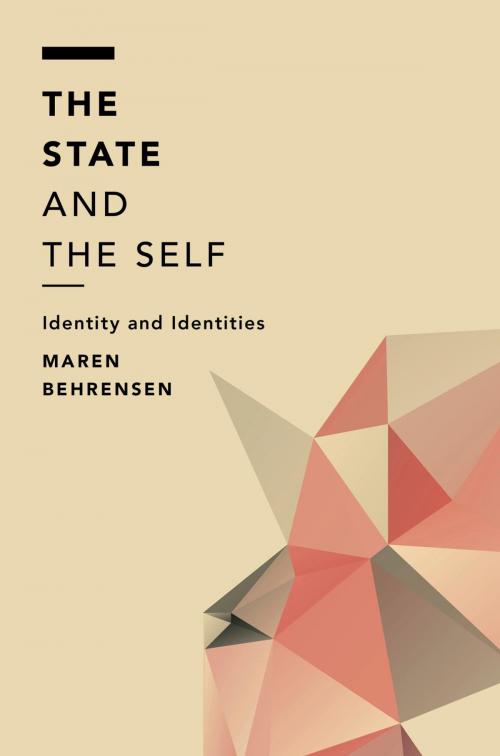The State and the Self
Identity and Identities
Nonfiction, Religion & Spirituality, Philosophy, Political, Ethics & Moral Philosophy, Social & Cultural Studies, Political Science| Author: | Maren Behrensen | ISBN: | 9781783485819 |
| Publisher: | Rowman & Littlefield International | Publication: | November 1, 2017 |
| Imprint: | Rowman & Littlefield International | Language: | English |
| Author: | Maren Behrensen |
| ISBN: | 9781783485819 |
| Publisher: | Rowman & Littlefield International |
| Publication: | November 1, 2017 |
| Imprint: | Rowman & Littlefield International |
| Language: | English |
In this fascinating and timely book, Maren Behrensen facilitates a conversation between philosophy and the ‘practitioners’ of identity. What makes a person the same person over time? This question has been studied throughout the history of philosophy. Yet philosophers have never fully engaged with the ‘practitioners’ of identity, namely technology developers, lawyers, politicians, sociologists and applied ethicists. The book offers an answer to the metaphysical question of personal identity and tries to show how this question is of immediate relevance to the various practices of identity management – particularly in the fields of administration, counter-terrorism activities, and gender reassignment. Behrensen argues that identity documents and other markers of identity (such as biometric samples) are not merely representations of, but actually help constitute, personal identity. The metaphysical fact of personal identity lies in these supposedly ‘external’ features. The book goes on to focus on issues relating to ‘trust’ and ‘security’, terms central to the ethics of new technologies and in work on new identity management technologies.
In this fascinating and timely book, Maren Behrensen facilitates a conversation between philosophy and the ‘practitioners’ of identity. What makes a person the same person over time? This question has been studied throughout the history of philosophy. Yet philosophers have never fully engaged with the ‘practitioners’ of identity, namely technology developers, lawyers, politicians, sociologists and applied ethicists. The book offers an answer to the metaphysical question of personal identity and tries to show how this question is of immediate relevance to the various practices of identity management – particularly in the fields of administration, counter-terrorism activities, and gender reassignment. Behrensen argues that identity documents and other markers of identity (such as biometric samples) are not merely representations of, but actually help constitute, personal identity. The metaphysical fact of personal identity lies in these supposedly ‘external’ features. The book goes on to focus on issues relating to ‘trust’ and ‘security’, terms central to the ethics of new technologies and in work on new identity management technologies.















